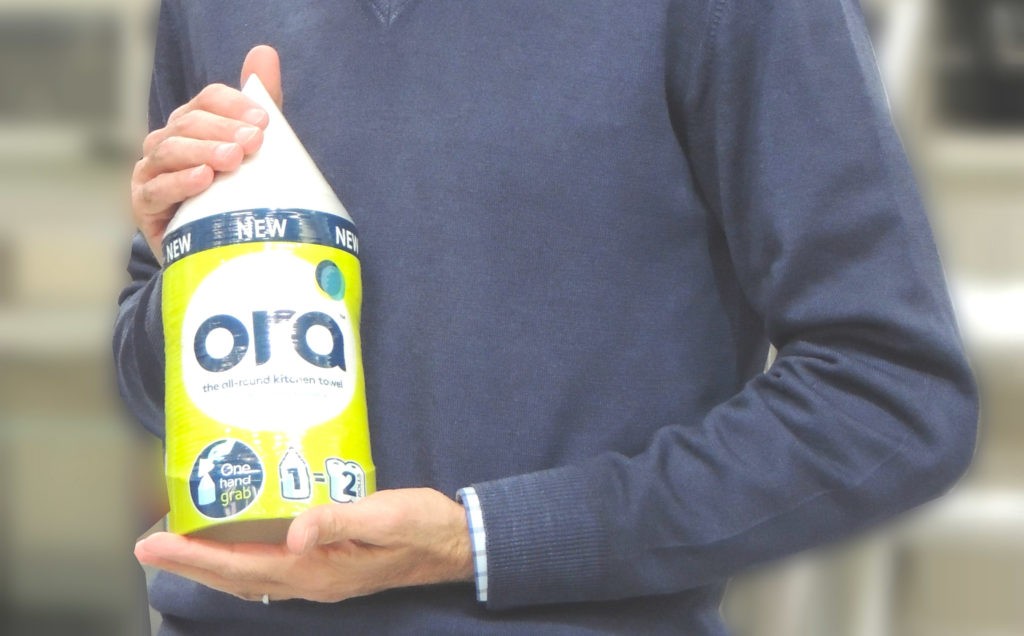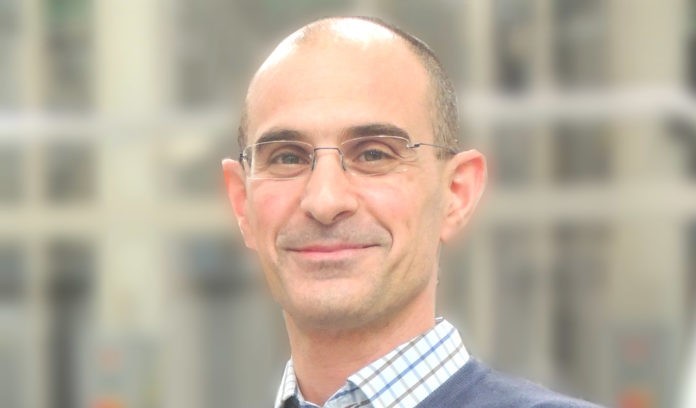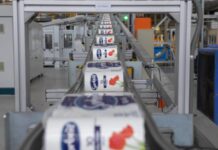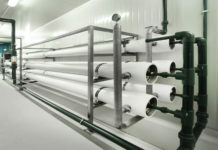Covid-19 turned the way we work upside down. But Oday Abbosh, founder and chief executive of Better All Round and chairman of Consuma Paper Products, UK, says innovation must be for life, not just a crisis
As we emerge from a turbulent first half of 2020, two qualities have helped us ride the wave of unpredictability … agility and collaboration. The pandemic meant that the industry needed to be agile, and needed to collaborate, and its response has been impressive. But that response has pointed to a more fundamental issue – why there is so little innovation in our category. The plain fact is that in normal times there simply aren’t enough opportunities when agility and collaboration can be allied as a progressive force, and without these strengths, innovation can be hard to come by.

Covid-19 changed that quickly. Whilst the tissue sector wasn’t at risk of folding or needing to pivot to survive the pandemic, it was clear the situation needed an approach different to a simply accelerated business- as-usual.
Our most immediate challenges related to the systemic rigidity of supply chain, working practises, technical logistics and how to respond to quickly changing stock forecasts in a business which whilst seasonal, is typically quite predictable from year-to-year, never mind week-to-week. All, coincidentally, barriers to innovation that we face day-to-day.
Better All Round acquired Consuma in 2018 and it’s fair to say that adopting the same approach the BAR team harnessed to bring Ora to market hasn’t been as easy to do on a much larger scale. The infrastructure and systems we work with, although effective, can inhibit and stifle innovation. Yet, recent events have shown that when a crisis hits, the way we work can be turned upside down instantly to no real detriment. Agility and collaboration have to be found. Where there is a will, there’s a way, it would seem, or as is well known, necessity is the mother of invention.
Consumer stockpiling created an overnight need for manufacturers and retailers to be creative in how to meet demand. In this situation, it was clear that an automated systems driven supply chain benefited neither manufacturer nor retailer.
Ordering and fulfilment algorithms are great but not when things change so dramatically overnight. We simply had to work collaboratively with retailers to adapt product inventories and optimise the tiny amount of flexibility there was in the system to succeed, and succeed we did.
This means that in the future, should our automated systems-driven approach present itself as an obstacle to innovation, we must remember that the ability to be nimble is there and is worth seeking out in the name of better business performance, and ultimately consumer service. We also need to hold on to the trust that collaborative working engenders. At Consuma we leveraged our expertise to problem solve the shortfalls in supply. We didn’t restrict our role to being an implementer.
We were trusted to find solutions that truly helped everyone. Some solutions really stretched us outside our comfort zone. But as well as delivering short termgain it has also brought long term benefits. With private label continuing to grow, trust between manufacturer and retailer will become all the more important, especially if we want retailers to entertain a leap into an innovative, new, commercial unknown.
Similarly, social distancing required us to trust our colleagues to work as collaboratively remotely as they do in the close quarter manufacturing environment. Culturally it was quite a shift.
From the virtual tours of the factory we introduced to support recruitment drives, to the remote home-working practices we managed to resource in a matter of days, the switch paid dividends. If we hold on to this way of working, we have the potential to attract a greater variety of candidates to our talent pool, including those who previously may have needed more flexibility in working hours, or who were simply too far away physically. Isn’t a more diverse talent pool a more fertile ground for fresh, new ideas than an identikit workforce?
Finally, we must address how our production infrastructure can impair our ability to be nimble and innovative. The low margins of our business necessitateautomation with the financials involved predisposing the business to a ‘sweating assets’ mentality.
This restricts speculative investments and can mean manufacturers aren’t always keeping pace with technological developments that could support innovation. The flip side of machine investment is that the more you rely on automation, the less flexibility you have in the production infrastructure to experiment.
Yet during the crisis we really relied on the remote connectivity offered by our newer machines to minimise production downtime and reduce unnecessary risk of infection.
The best scenario is for the production infrastructure to be carefully balanced to deliver efficiency and flexibility. Capex investment programmes which will achieve this, need agile management to seize opportunities when they arise. They should be ongoing and not just activated at the point of obsolescence.
Covid-19 evidenced that innovation thrives at Consuma and can do in our category as a whole if we are willing to create the conditions to allow it to grow. As we face more testing times ahead, be they climate change, Brexit, rapidly evolving technologies and changing consumer habits, we must continue to innovate how we work and what we produce, to build the resilience required to weather these storms and better serve our customers.
Without doing so, we not only risk stagnating, we risk declining, underscoring why innovation must be for life, not just pandemics.



























